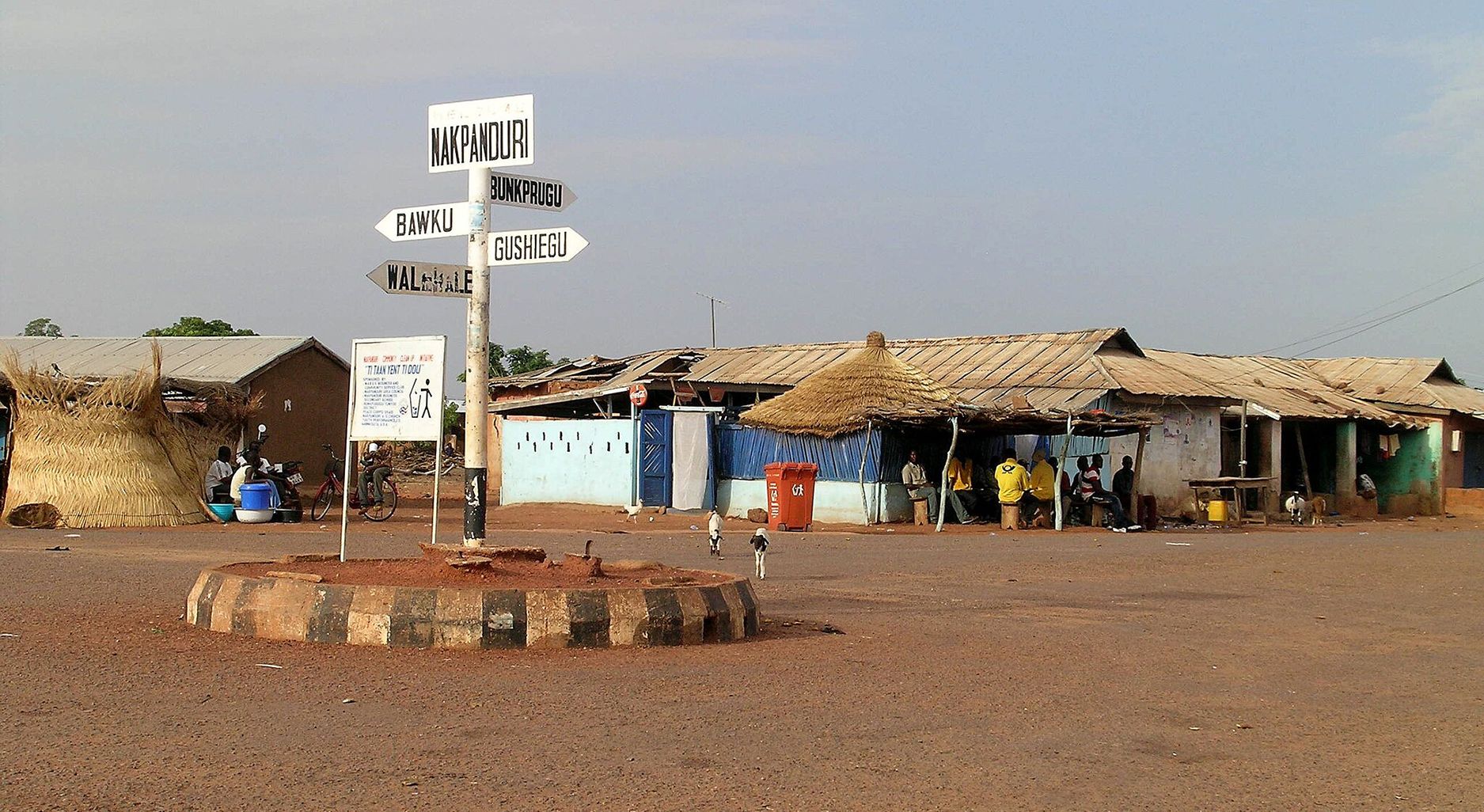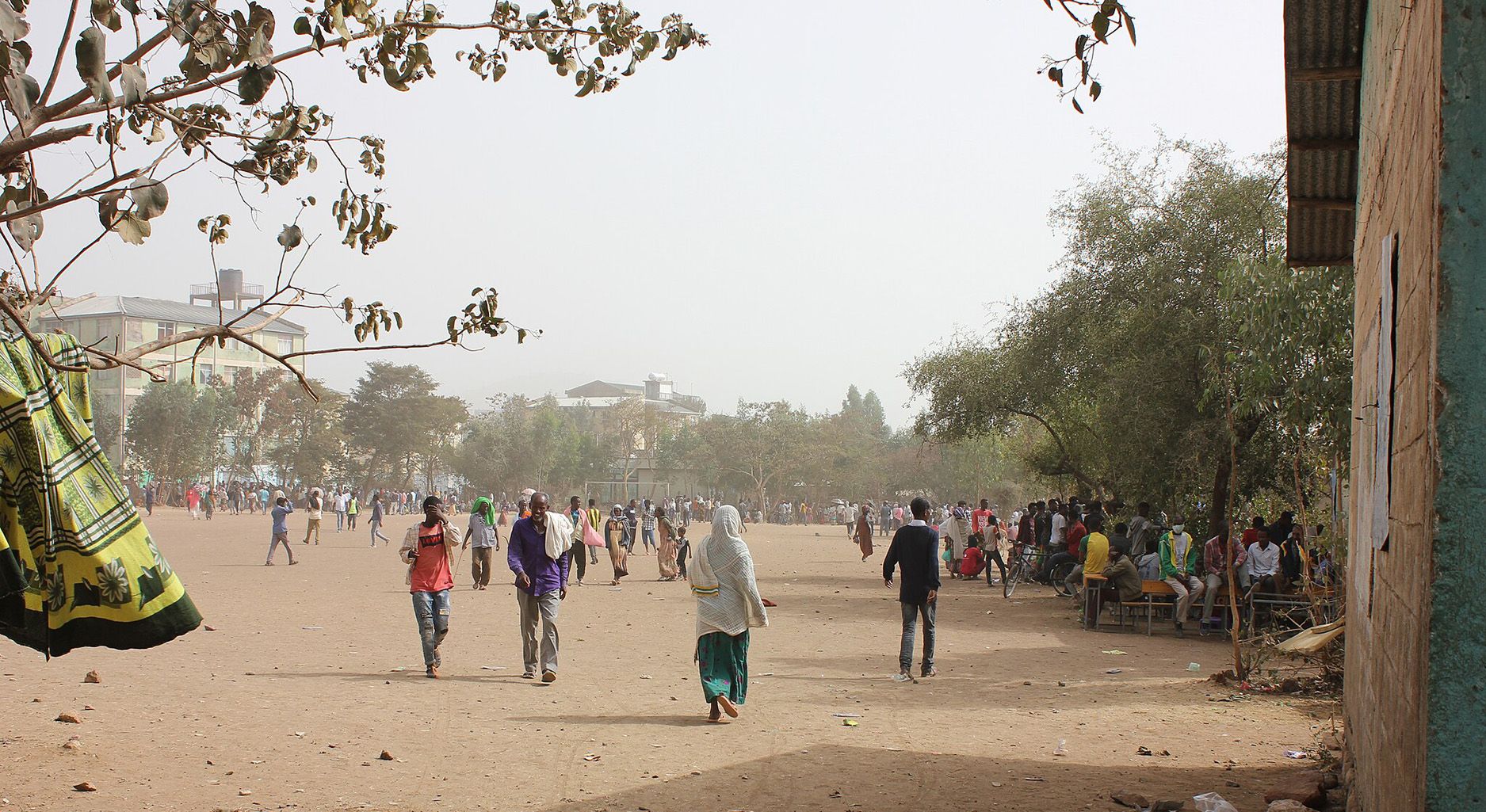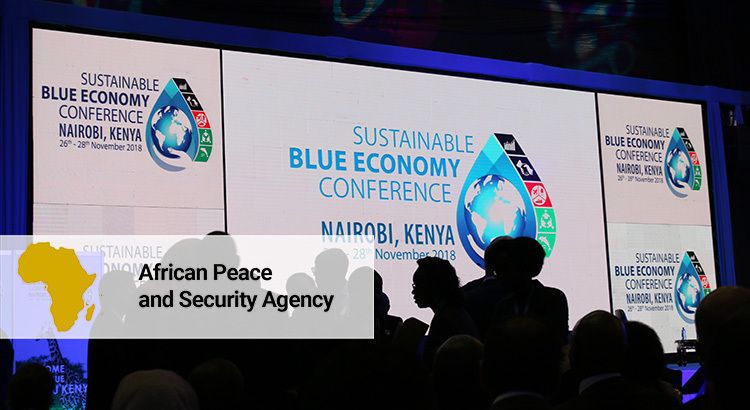Small Sparks, Big Flames: Why Resolving Local Conflicts Matters for Wider Security – The Case of Bawku Conflict in Ghana.
In the Sahel region, terrorist groups have exploited existing local conflicts to expand their activities and reach. In recent years, countries especially in coastal West Africa, have experienced terrorist activities in their territories. While Ghana has been resilient against terrorist attacks on its soil, the country continues to grapple with enduring ethnic conflicts, among them the Mamprusi and Kusai conflict in Bawku. In this blog post I argue that the Bawku conflict has persisted over an extensive period, and if left unresolved, could potentially open the door for extremist exploitation and infiltration, signaling a troubling extension of Sahel terrorist activities.



